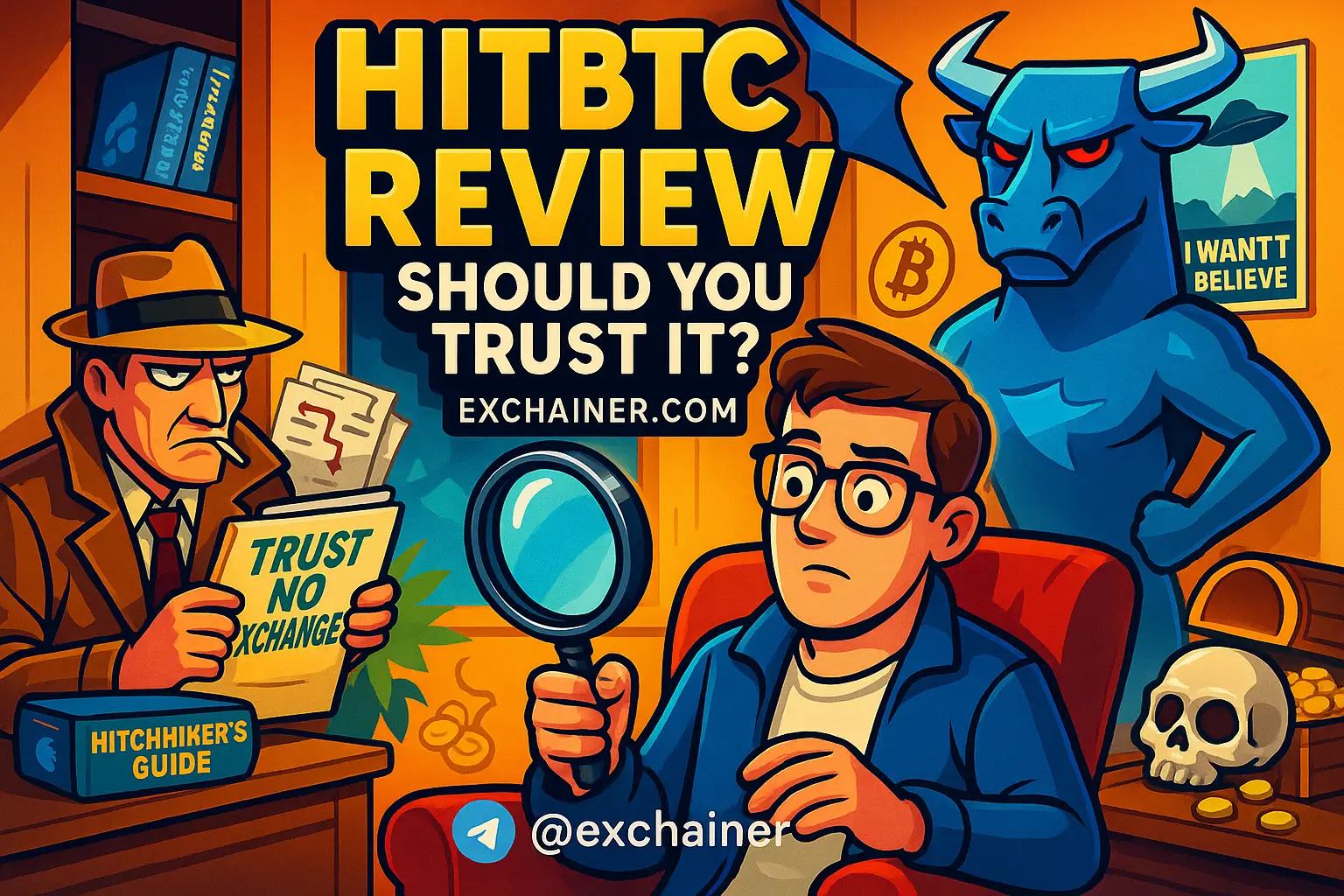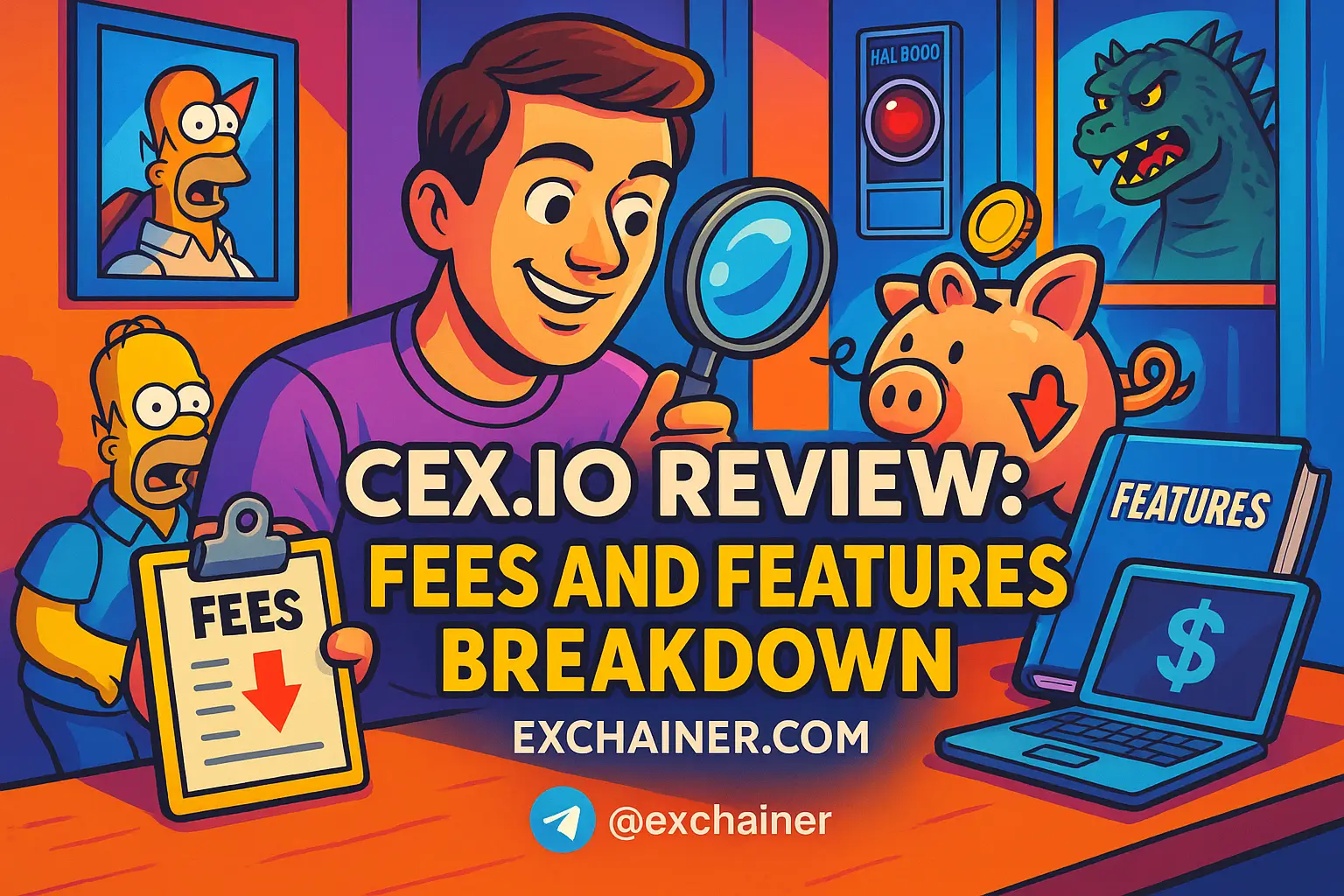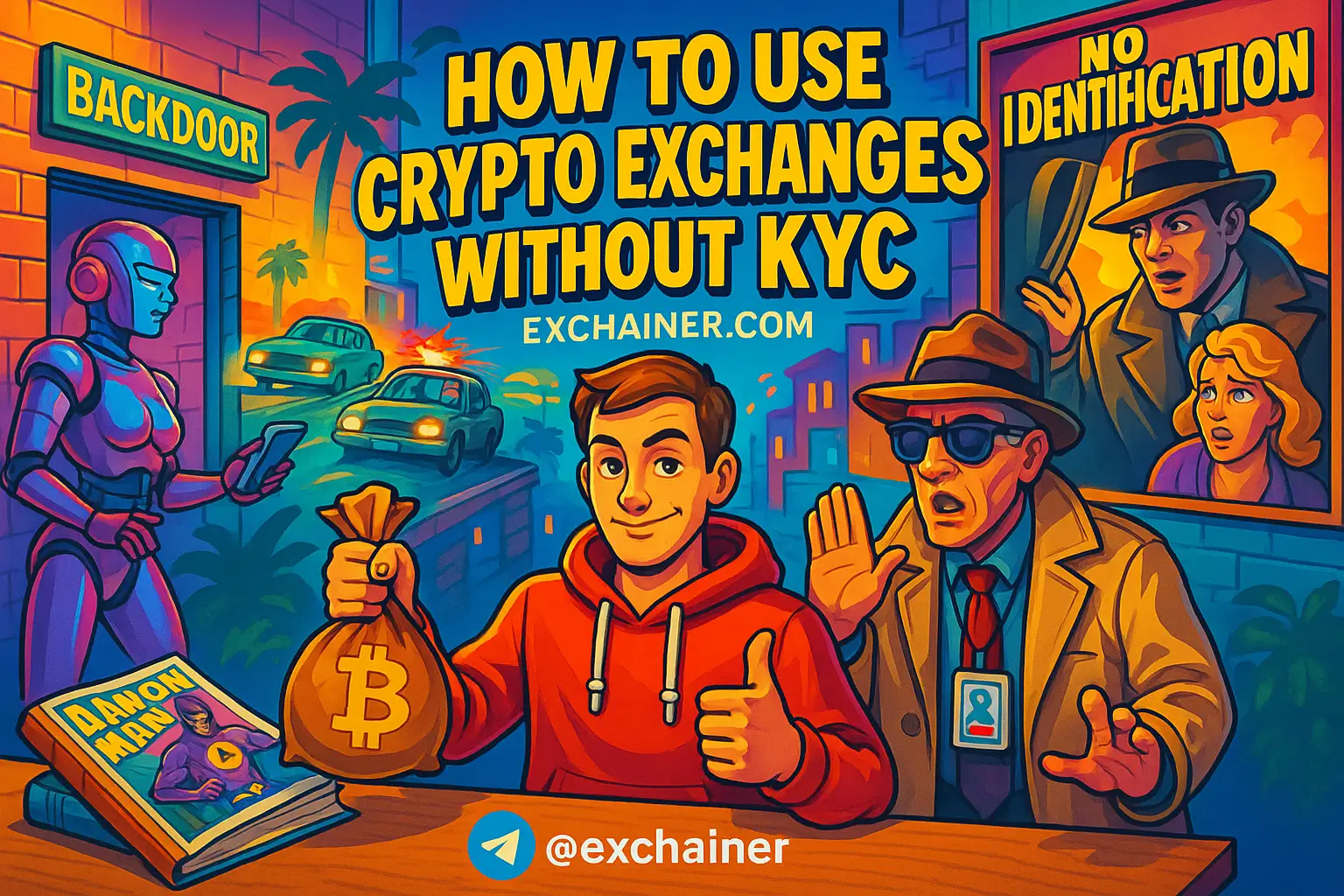Are you excited to dive into the world of cryptocurrency? If you are, understanding transaction fees is crucial for your journey! Transaction fees play a significant role in how you buy, sell, and trade digital assets. They can affect your overall profit margins and influence which exchanges you'll want to work with. In this comprehensive guide, we'll break down everything you need to know about crypto transaction fees, why they exist, how they are calculated, and what you should be aware of to make informed decisions. Let’s embark on this education quest together as we explore the essentials of transaction fees in cryptocurrency trading.
What Are Crypto Transaction Fees?
Crypto transaction fees are payments made to miners or validators to process transactions on a blockchain. In simpler terms, imagine you want to send some Bitcoin to a friend. To get your transaction confirmed and included in the next block, a fee is attached to incentivize miners to prioritize your transaction. Without these fees, transactions might get delayed or even lost in the vast sea of data on the blockchain.
In the crypto world, transaction fees can fluctuate significantly based on various factors. Here are some key aspects to understand:
Variable Costs Based on Network Demand
Just like in traditional markets, supply and demand pressures affect transaction fees. When the network is busy, and many users are trying to make transactions, fees can spike dramatically. For instance, during periods of high volatility or significant trading events, fees can reach surprisingly high levels. Conversely, when the network is less congested, fees can be minimal.
Examples of Transaction Fees Across Different Cryptos
Different cryptocurrencies have varied fee structures. For example, Bitcoin typically has higher fees compared to Ethereum and Litecoin. In early 2021, the average Bitcoin transaction fee surged to staggering heights, with users sometimes paying upwards of $60 for timely confirmations. In contrast, Ethereum’s fees were also elevated due to network congestion but generally ranged lower — around $10-$30 during similar high activity periods.
To provide some practical insight, let's consider a few scenarios:
- You want to send 0.01 BTC; if the current fee is $30, you'll pay a total of $30.01.
- You decide to send Litecoin instead; if the fee is $1, your total payment will be $1.01.
It's essential to factor in these fees when trading crypto because they can significantly affect your investment returns.
How Are Transaction Fees Calculated?
Understanding the calculation of transaction fees can give you an edge in your trading strategy. Fees often depend on the size of the transaction, measured in bytes, and the demand on the network. Here’s how it works:
Fee Estimation
Many wallets and exchanges provide fee estimators that help you determine the most efficient fee for your transaction based on current network conditions. These estimators factor in:
- Current Network Load: How busy is the blockchain at the moment?
- Transaction Size: Larger transactions (in bytes) generally incur higher fees, as they take more space to process.
To help you visualize this, think about how a pizza restaurant charges for delivery based on how busy the night is. When it’s packed, delivery fees might be higher, while they drop when business is slow.
Importance of Setting Your Own Fees
Many wallets allow you to set your transaction fees. You can choose between slower, cheaper options or faster speeds at a higher cost. If you’re in no rush, going for a lower fee during off-peak hours might save you some cash!
Types of Fees in Different Blockchain Networks
Different blockchain networks have unique fee structures, and understanding them can help you navigate the crypto landscape effectively. Here are a few common types:
Base Fees and Priority Fees
In networks like Ethereum, transaction fees consist of a base fee plus a “tip” or priority fee. The base fee is mandatory, while tips help incentivize miners. These concepts were introduced in Ethereum's London Fork to reduce fee volatility.
Fixed vs. Dynamic Fees
- Fixed Fees: Some cryptocurrencies like Ripple (XRP) have more stable fee structures due to their controlled supply and demand mechanisms, offering predictability.
- Dynamic Fees: Bitcoin and Ethereum use variable fee models, adjusting based on network congestion.
Understanding these differences can help you choose the right cryptocurrencies and trading platforms for your goals.
Strategies to Minimize Transaction Fees
Minimizing transaction fees can significantly enhance your overall crypto experience. Here are some practical tips to keep your costs in check:
Timing is Everything
Timing your transactions can lead to significant savings. Try to transact during off-peak hours when network congestion is lower.
Use Fee Comparison Tools
Several platforms provide real-time data on transaction fees across various cryptocurrencies. Websites like Blockchain.com and Etherscan allow you to check fee trends and help you optimize your trading timings.
Select the Right Wallet
Not all wallets are created equal. Some allow customization of fees or offer better algorithms to minimize costs. Research wallet reviews, especially under the Tools and Wallets category, to find a wallet that suits you.
Key Takeaways About Cryptocurrency Transaction Fees
As you navigate the world of digital currencies, remember that transaction fees are an integral part of your trading experience. Here’s a quick summary:
- Transaction fees incentivize miners to confirm transactions.
- Fees vary based on network congestion, transaction size, and chosen cryptocurrencies.
- Timing, fee comparison, and selecting the right wallet can help you minimize costs.
Understanding transaction fees gives you the tools to navigate the crypto landscape efficiently. You don’t have to feel overwhelmed! Equip yourself with the right knowledge, tools, and resources, and you’ll be ready to dive into cryptocurrency like a pro.
In conclusion, as you embrace the exciting world of crypto, don't forget to explore further. If you’re looking for more information on different cryptocurrencies, trading strategies, or tools for your crypto journey, check out the insightful content in our other categories on Exchainer.com: Crypto 101, Exchange Reviews, and Tools and Wallets. Remember, knowledge is power, and every step you take on this journey brings you closer to mastering cryptocurrency! Start your crypto adventure today!












